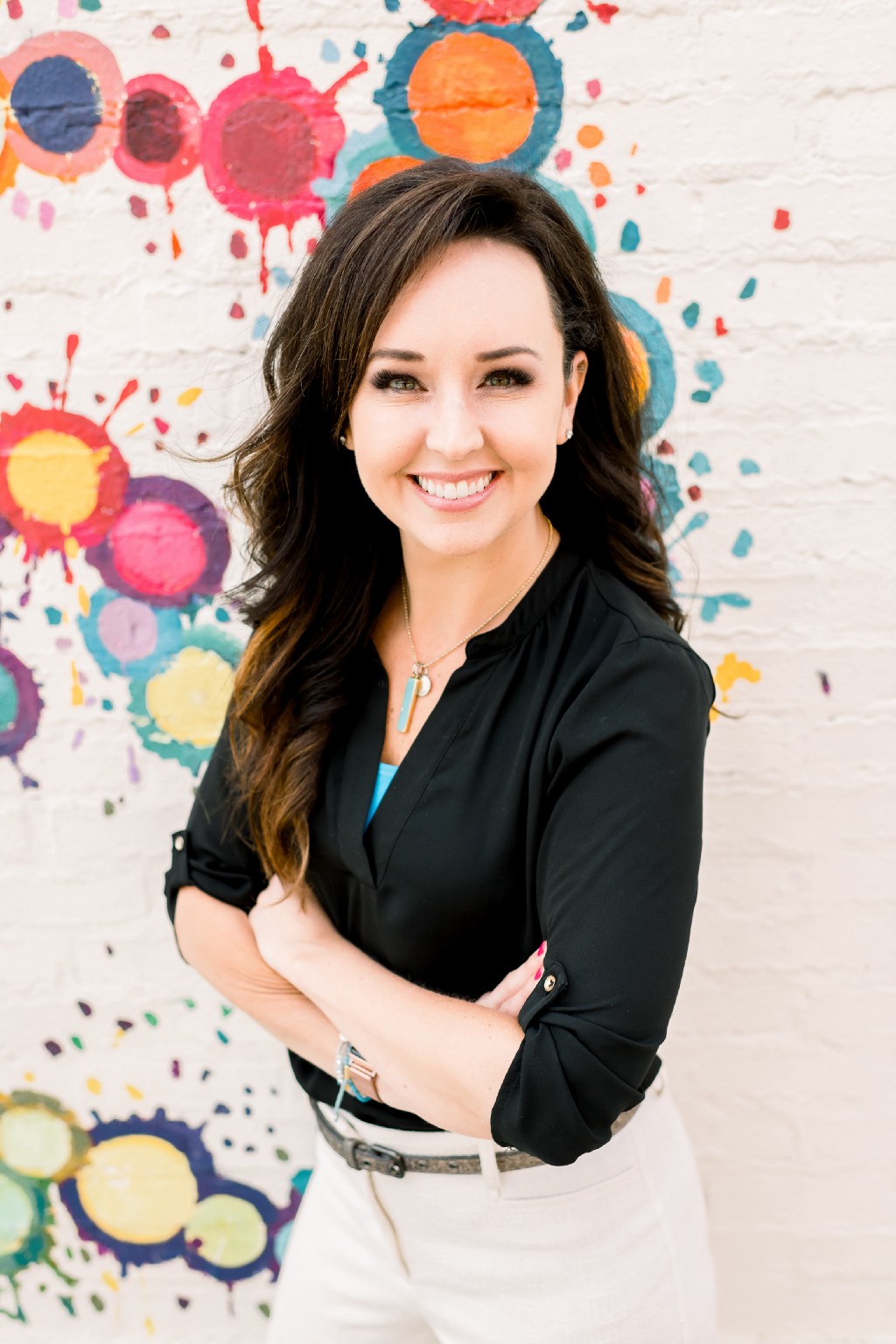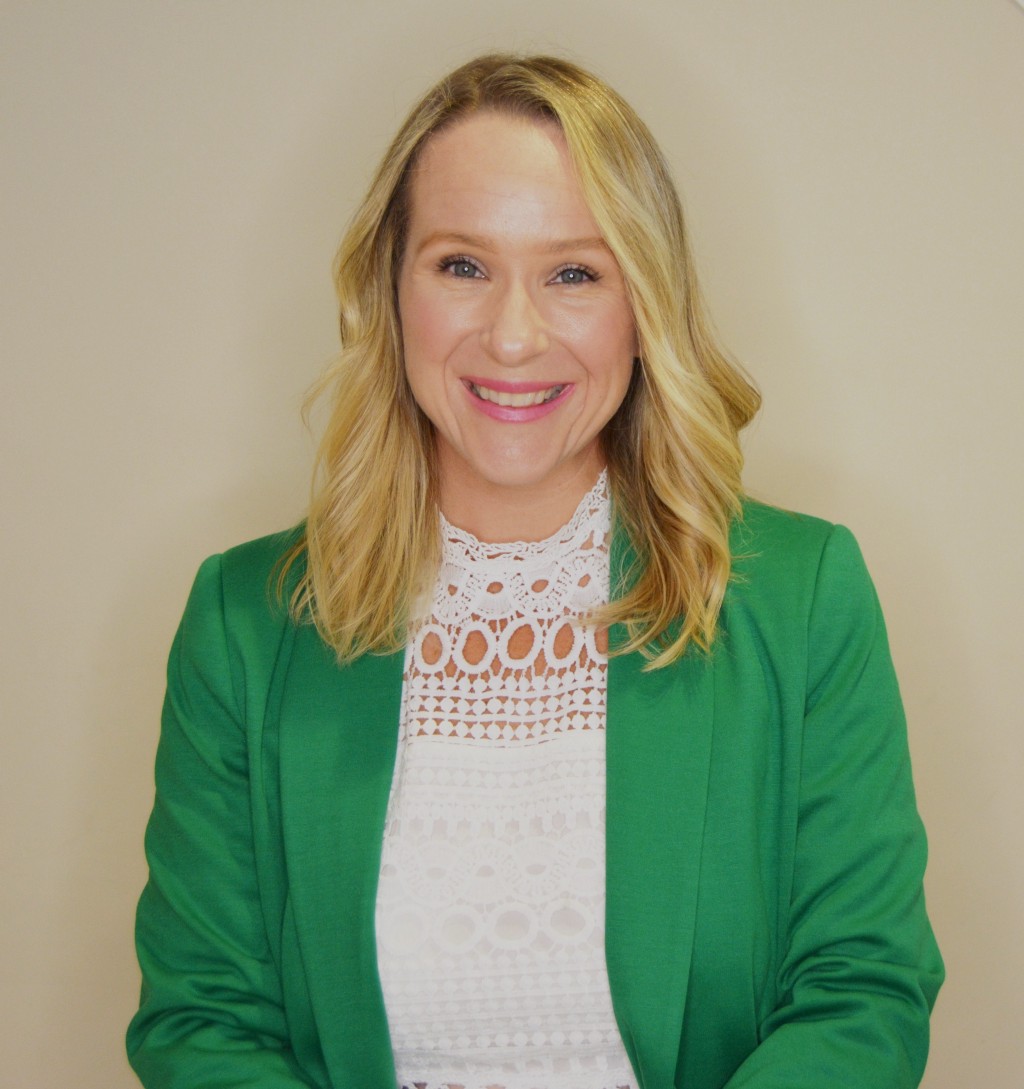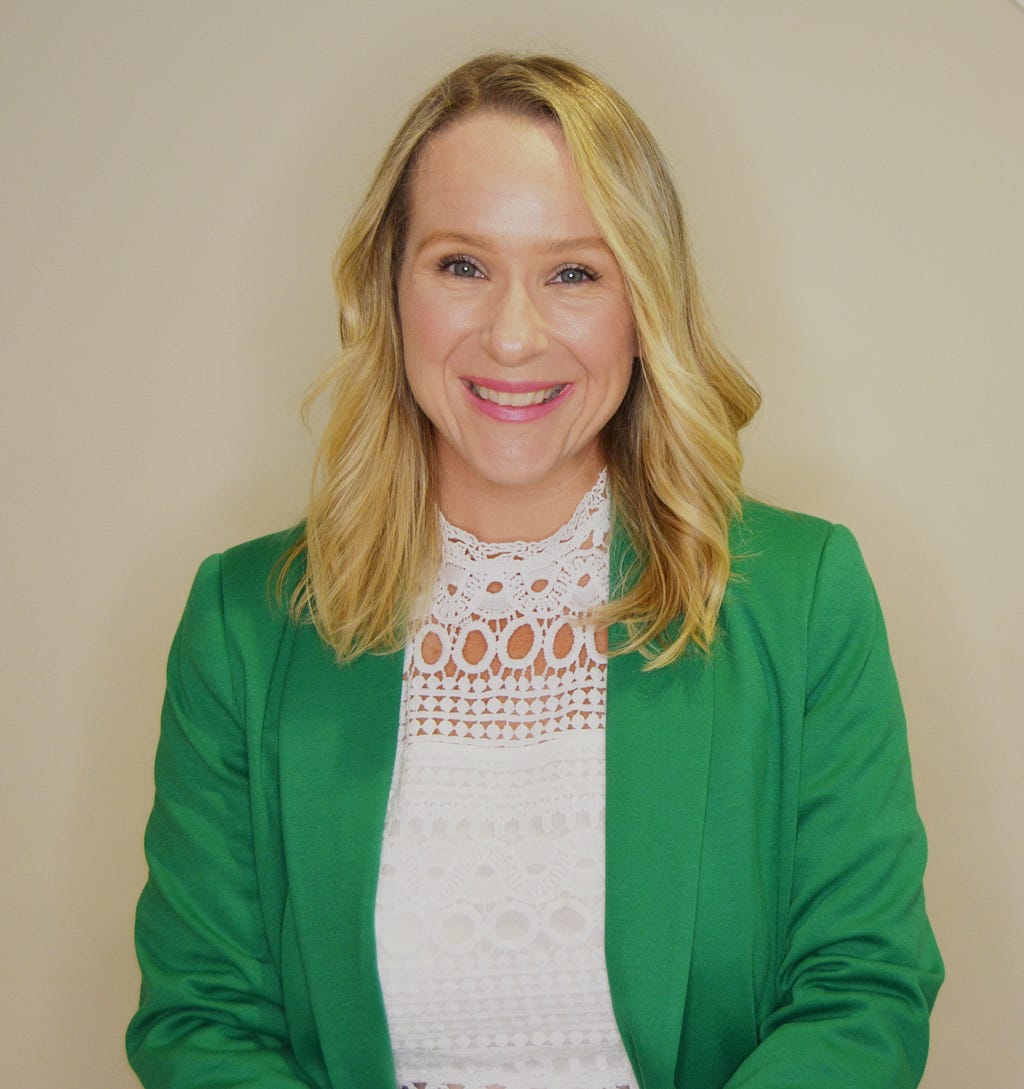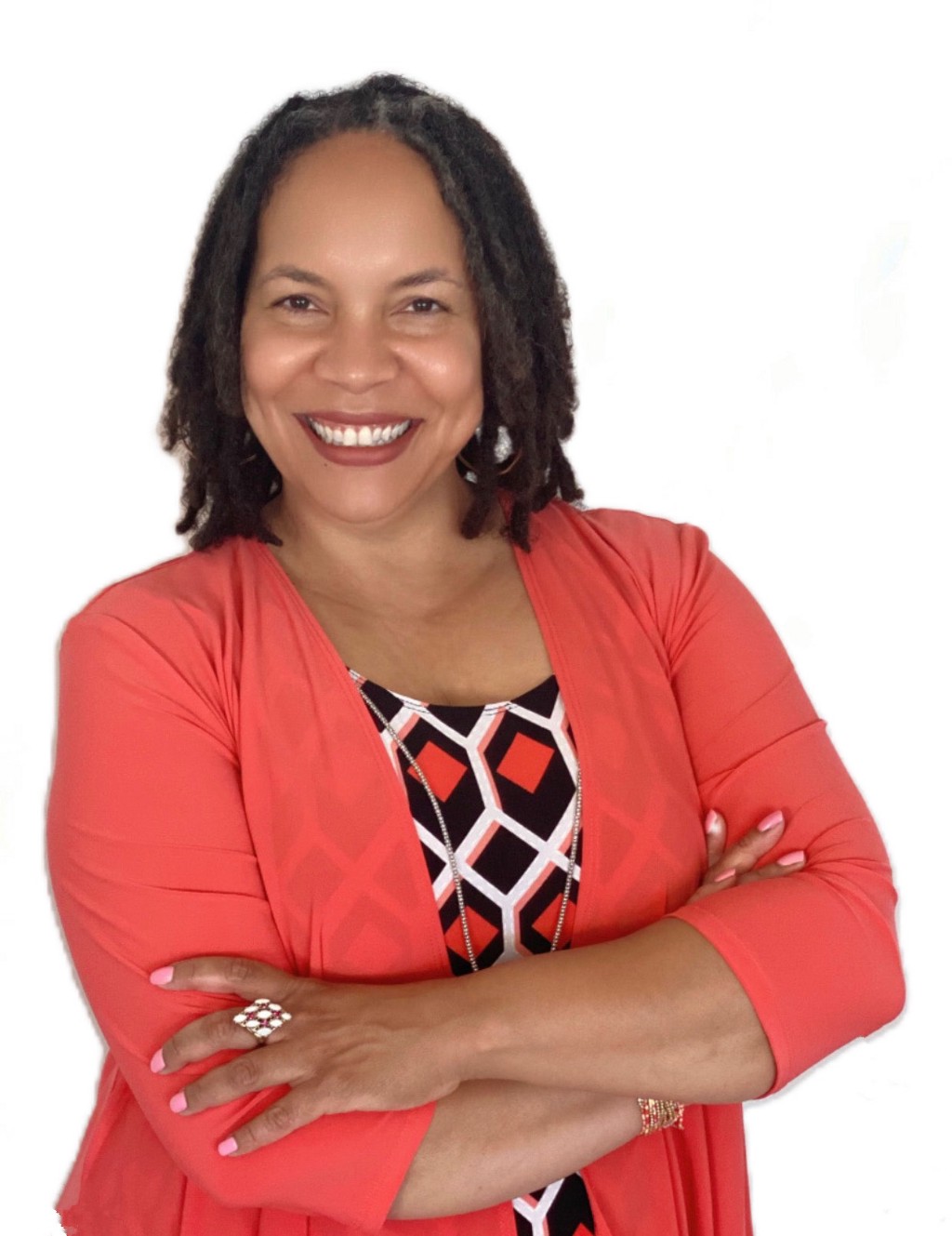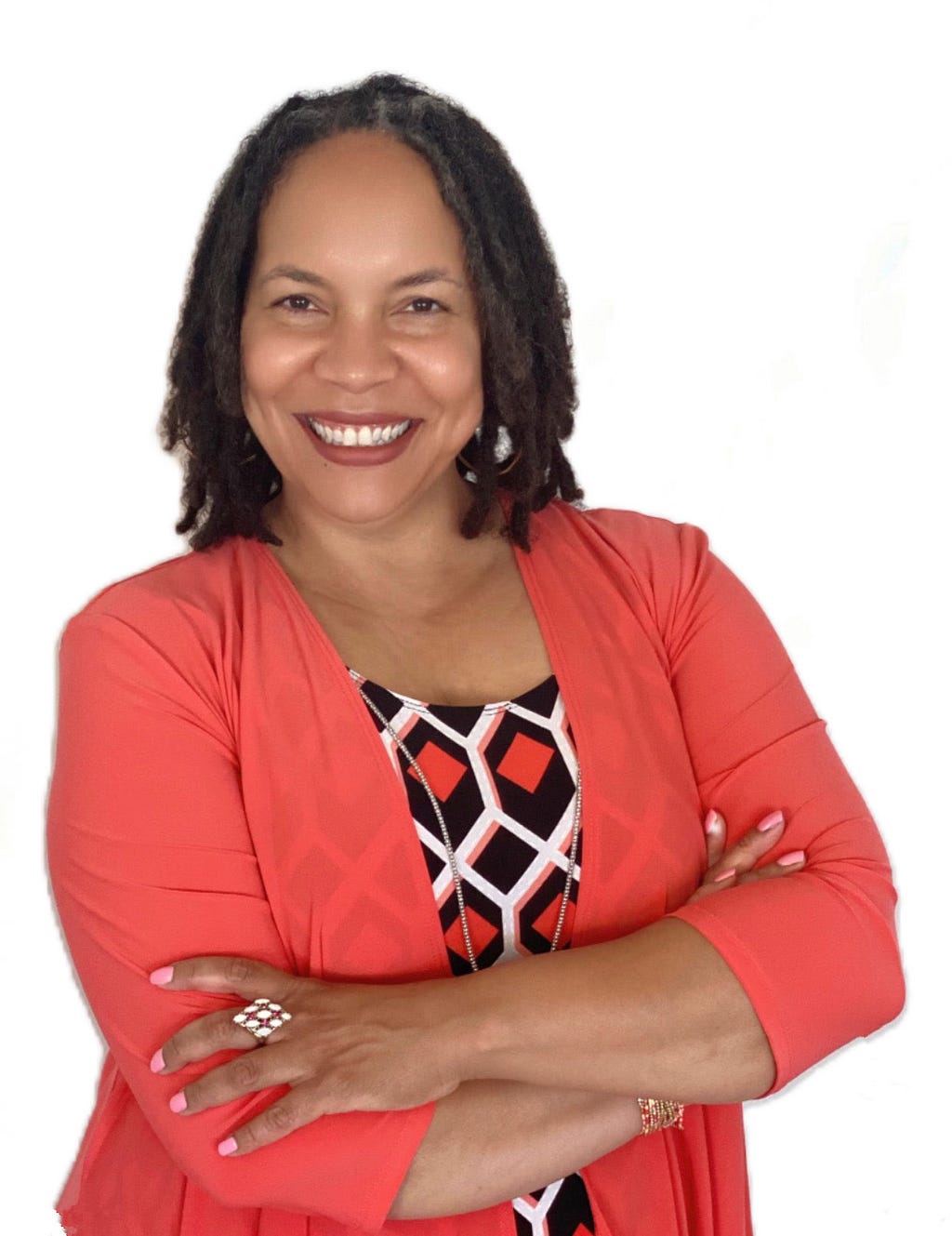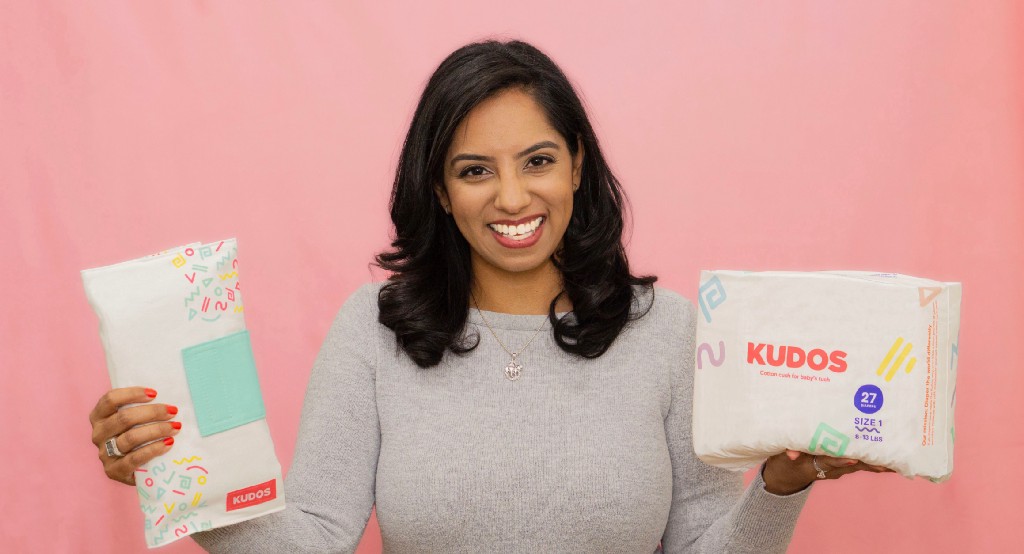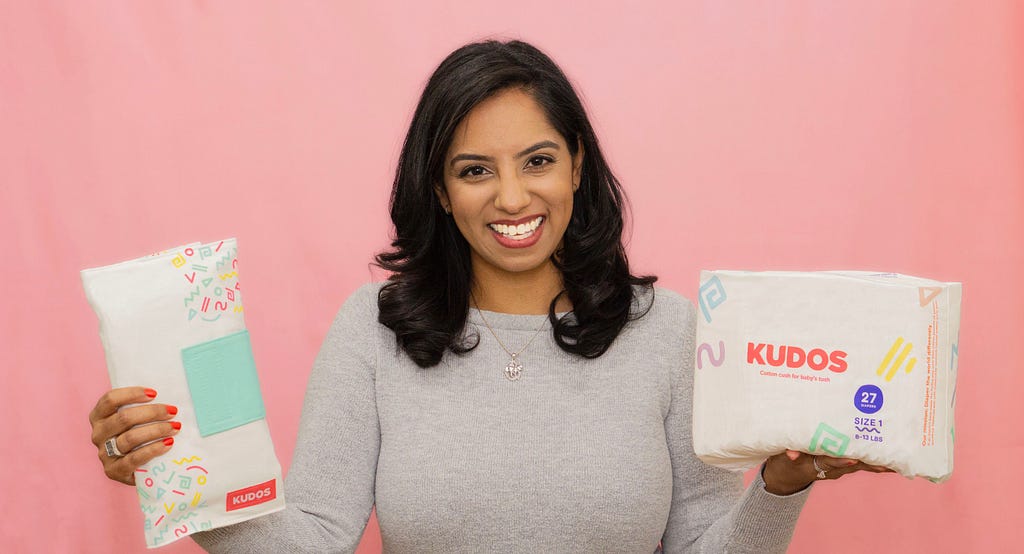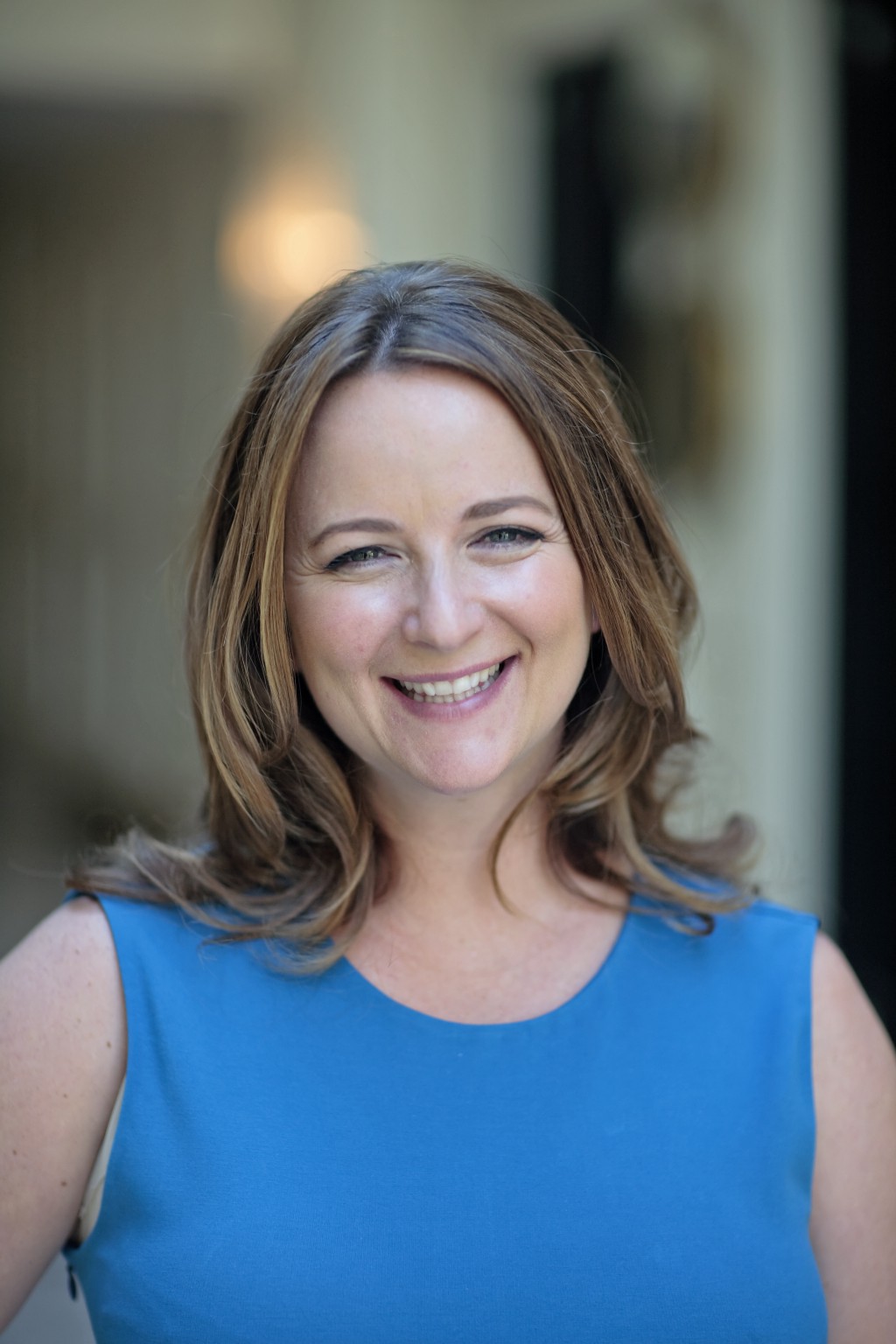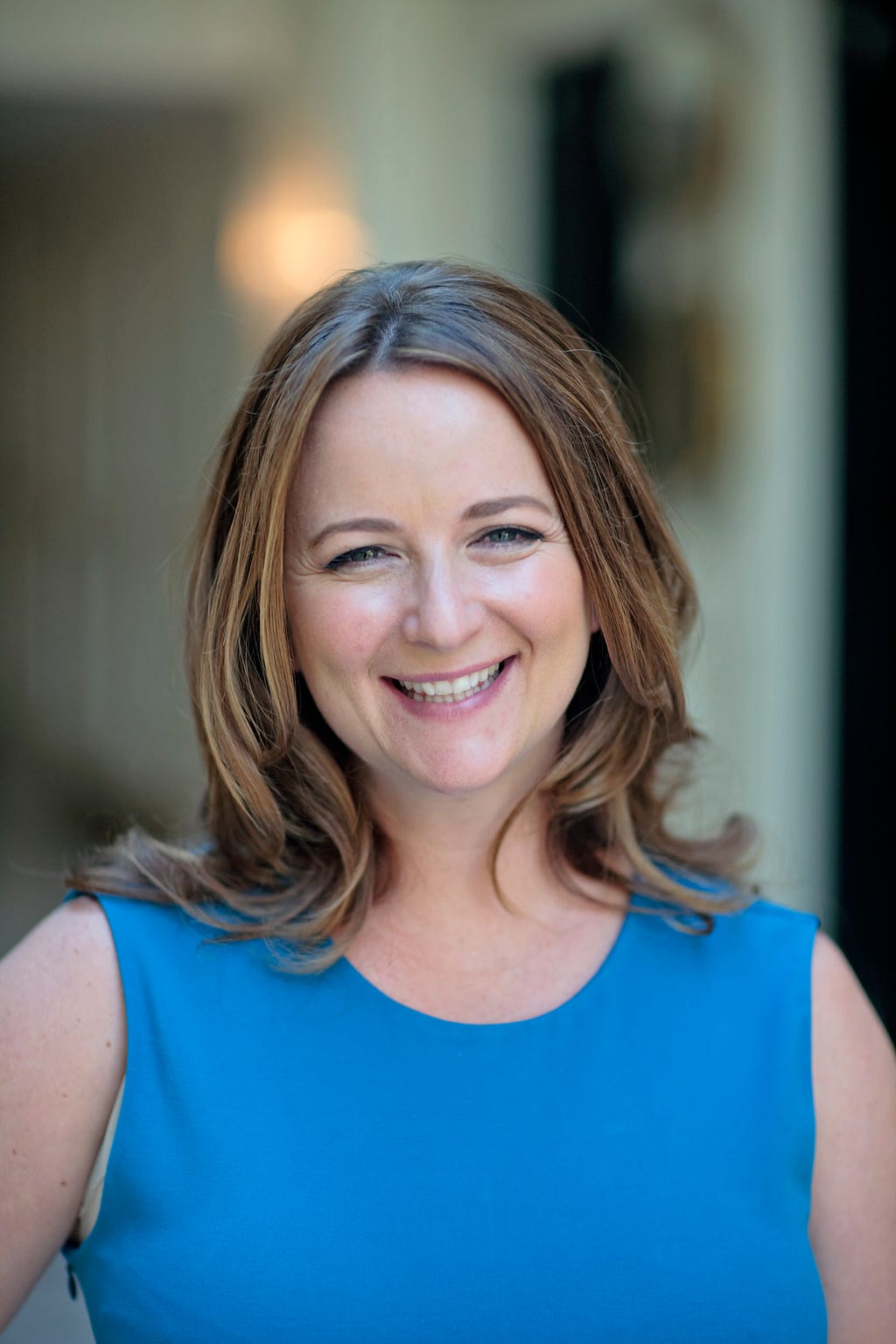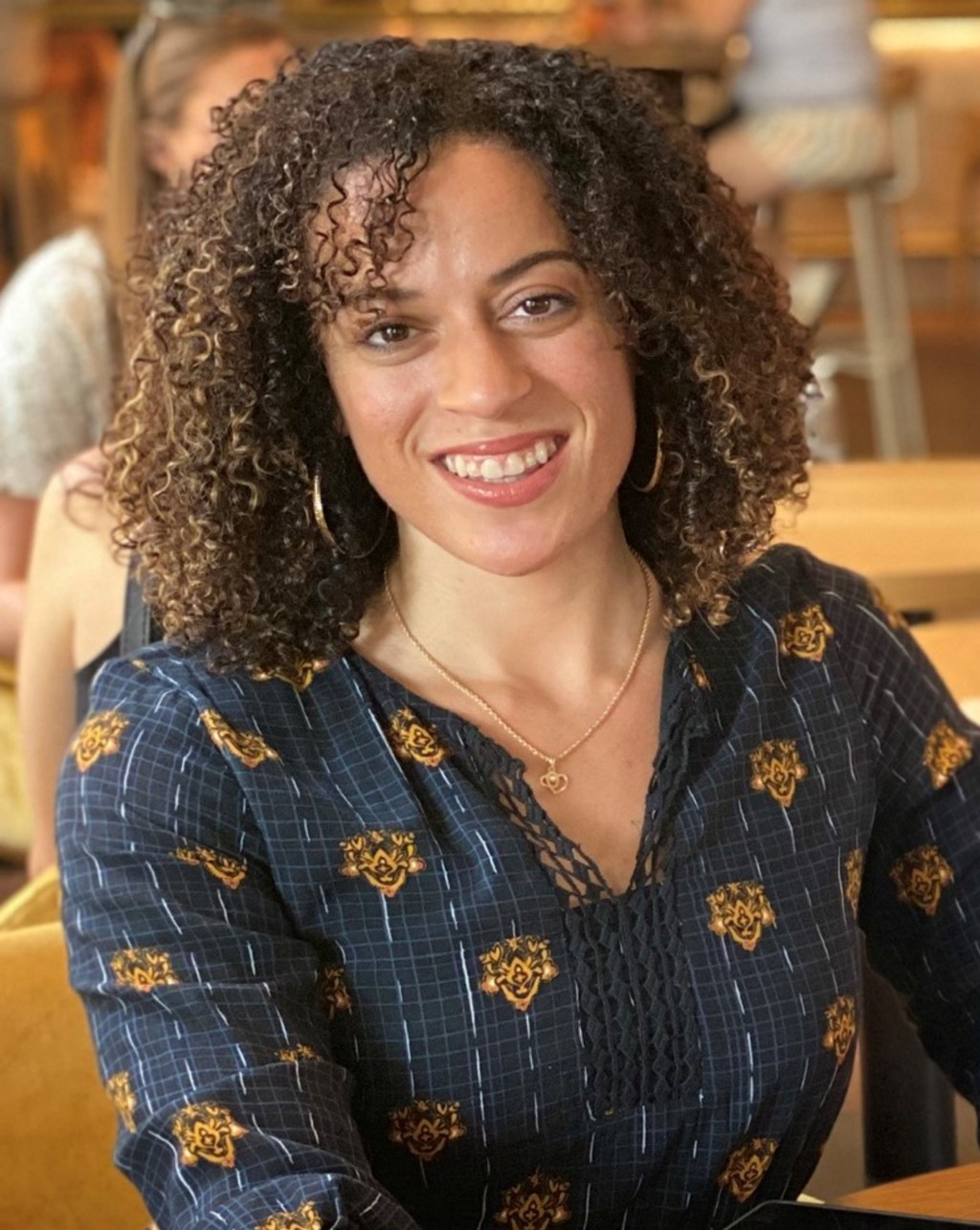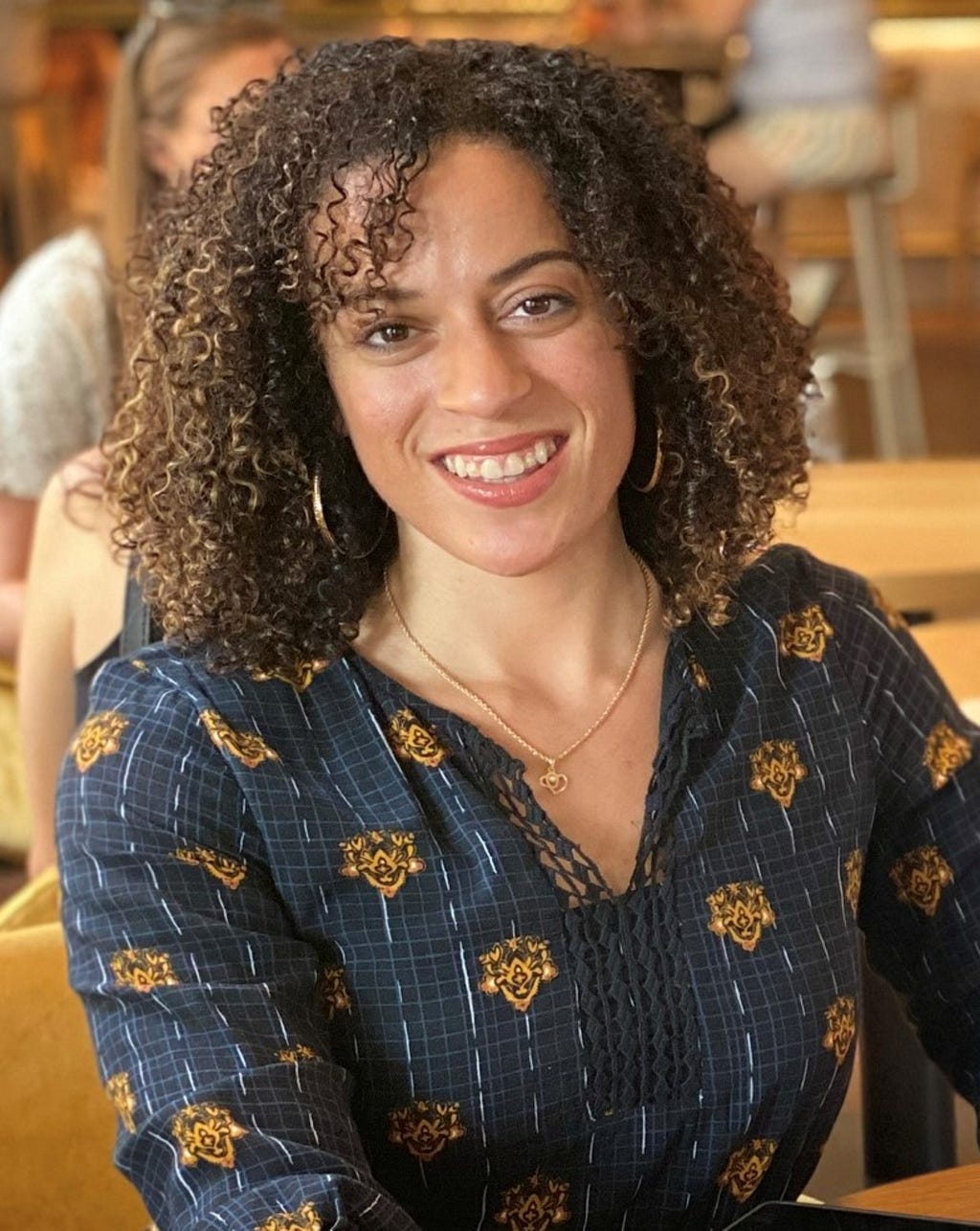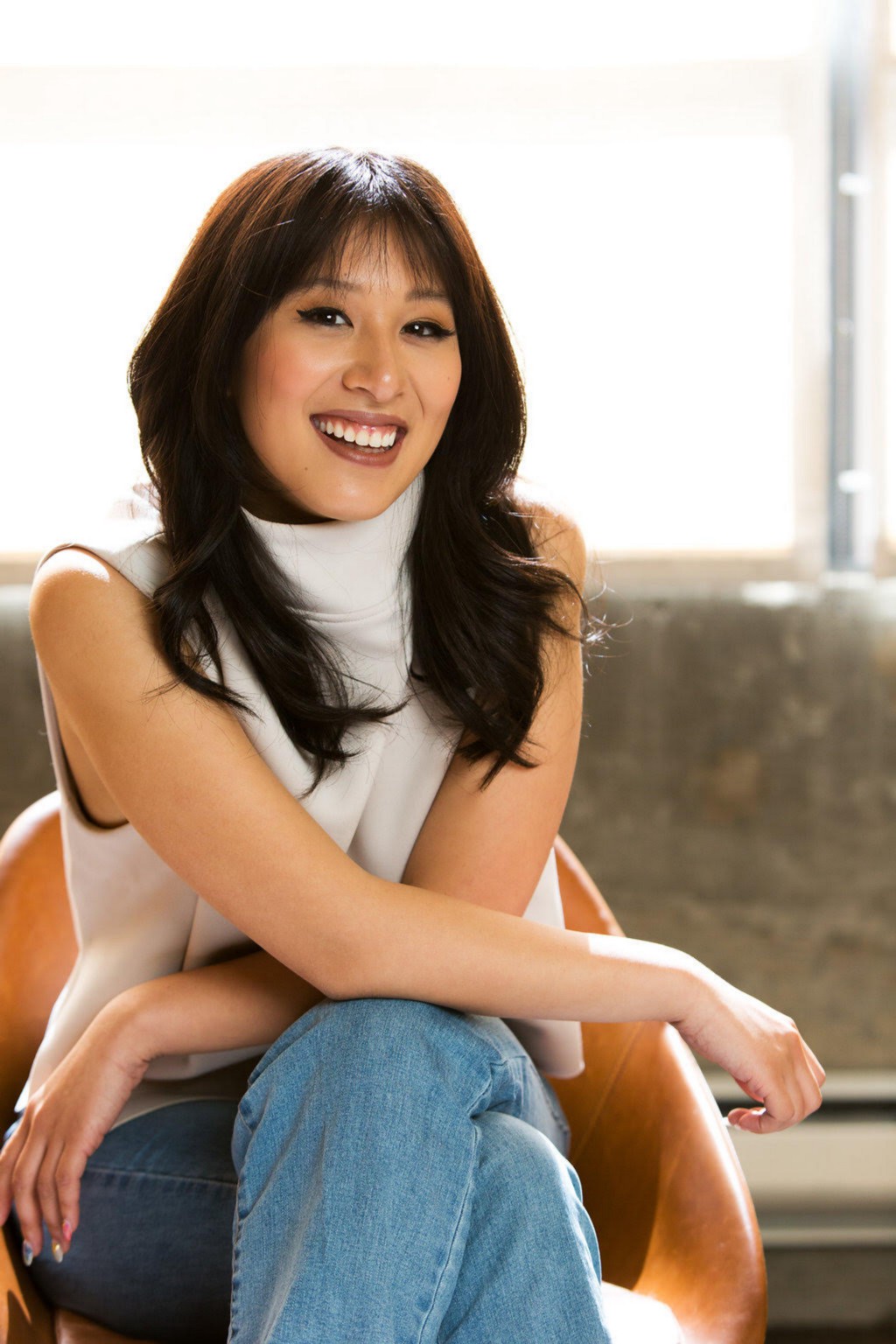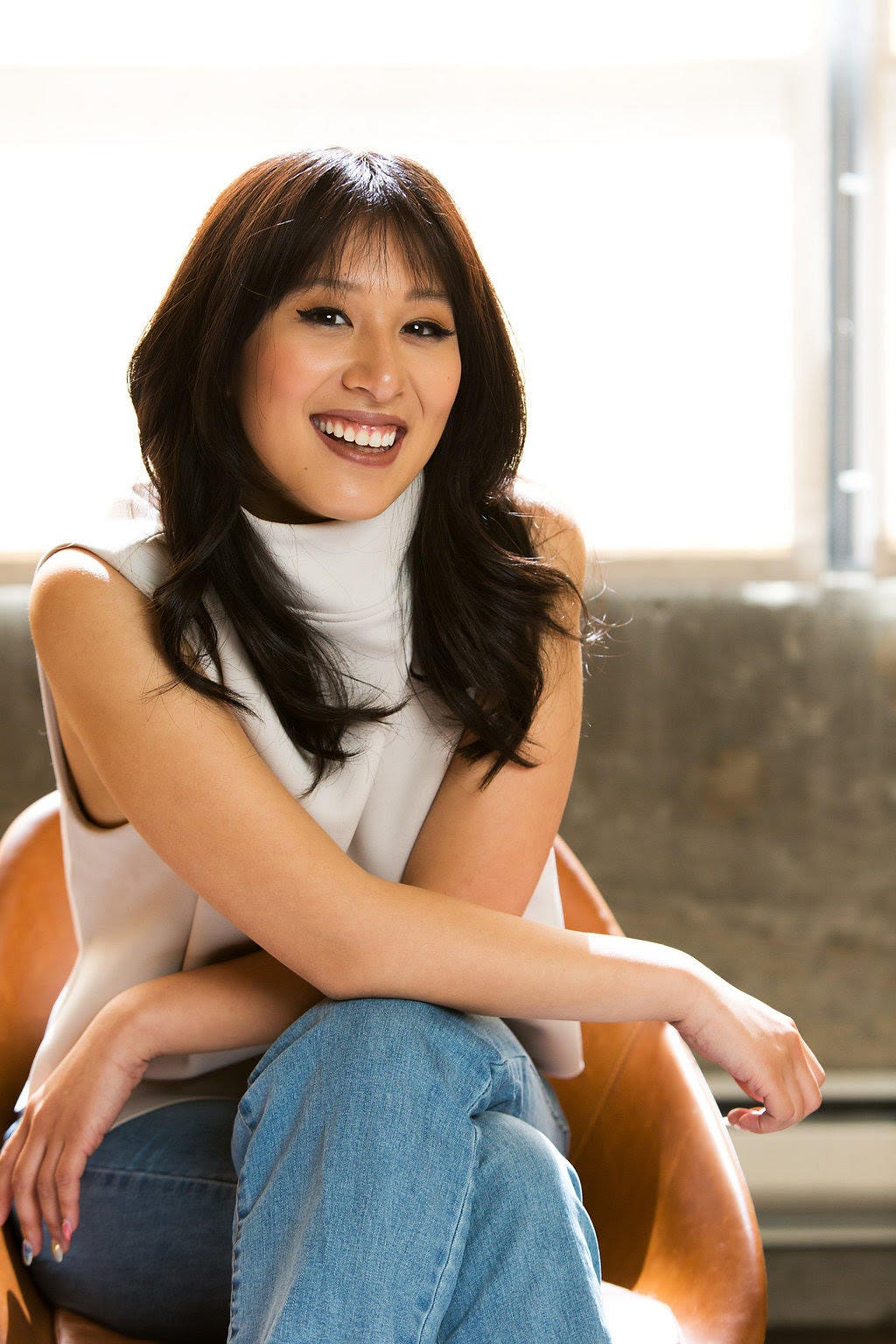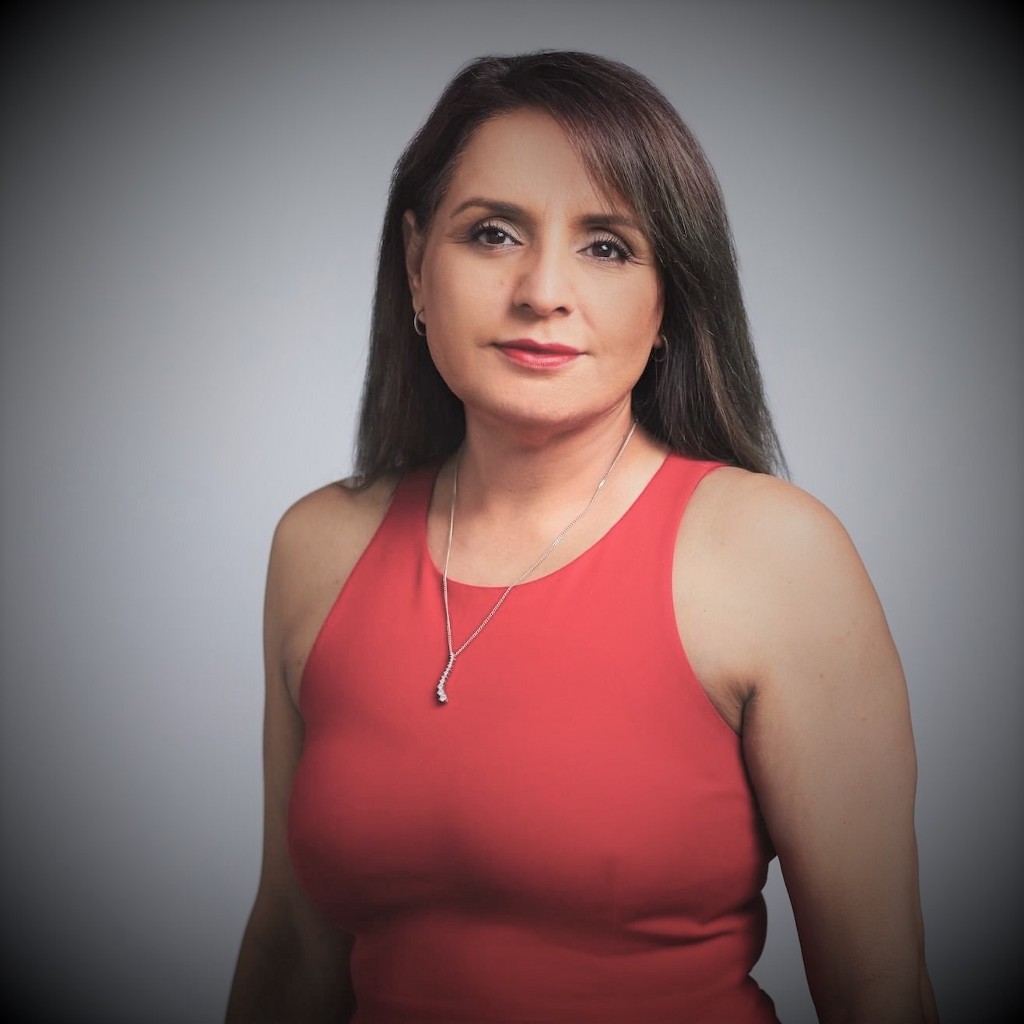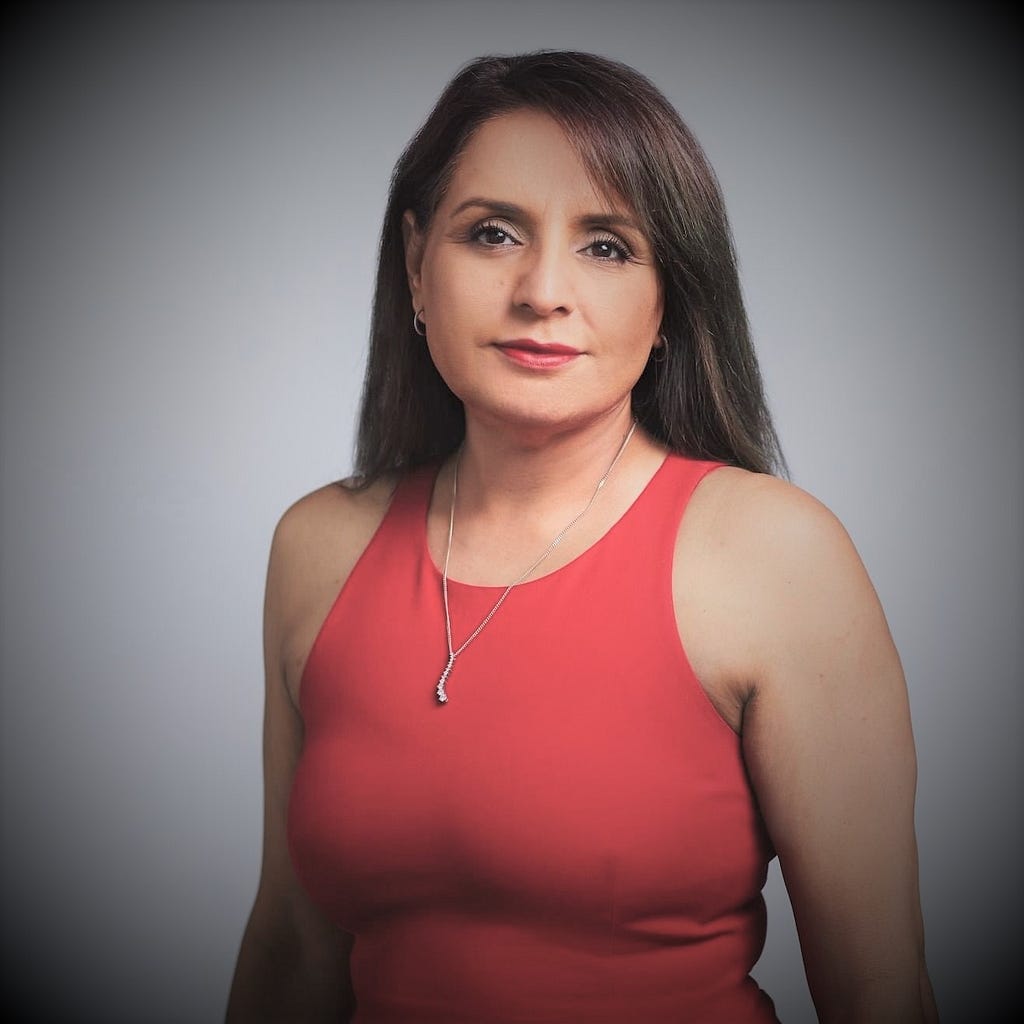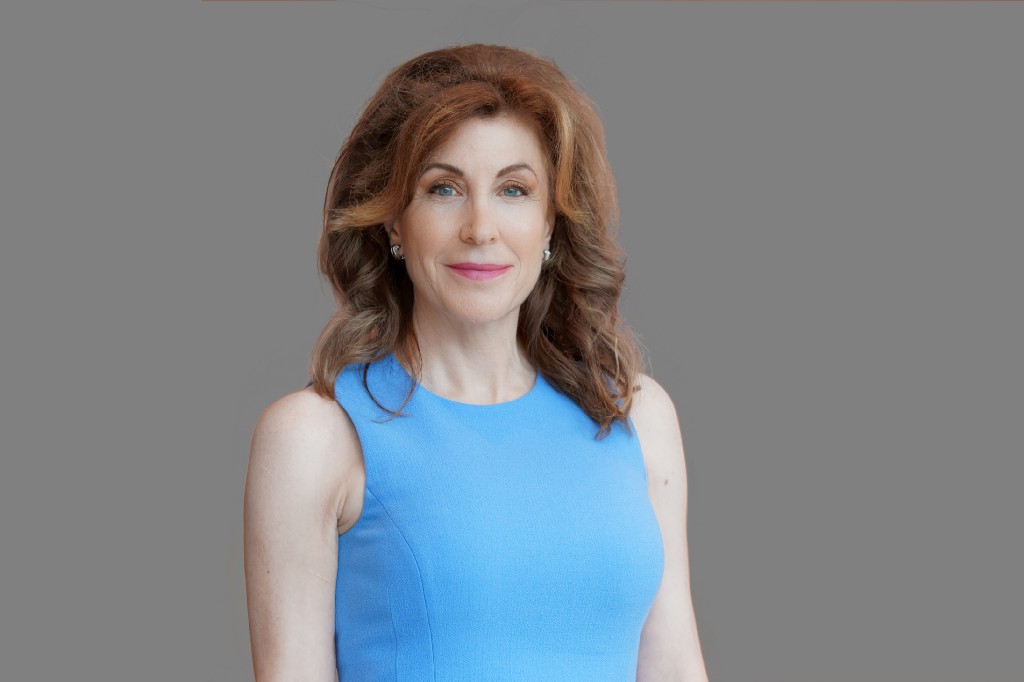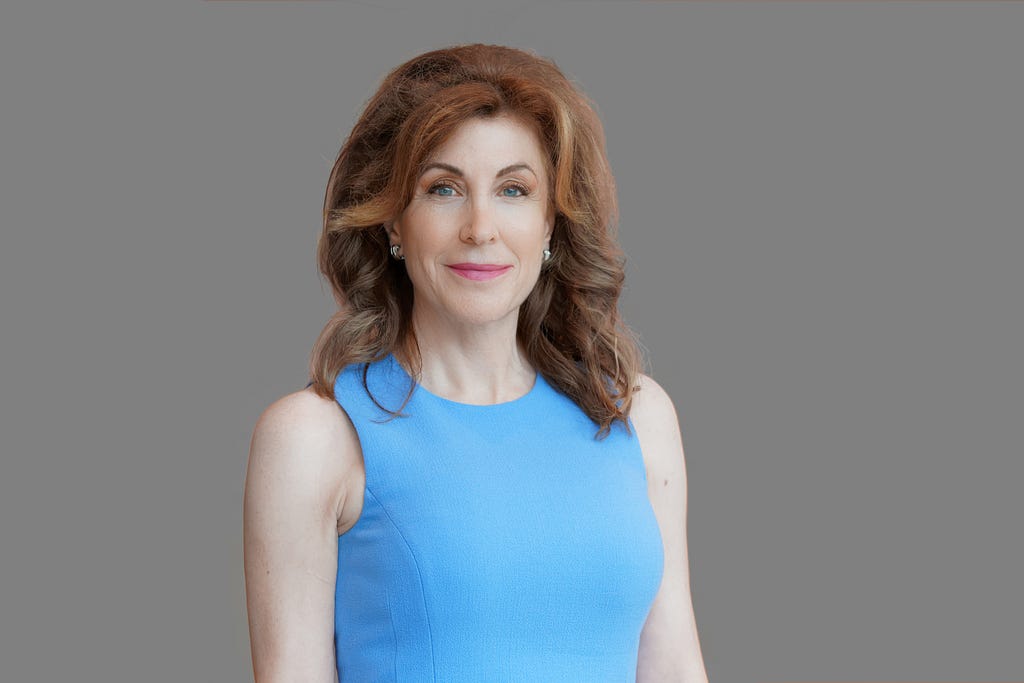Female Founders: Jeni Bukolt of HAVEN Creative On The Five Things You Need To Thrive and Succeed as a Woman Founder
An Interview With Candice Georgiadis
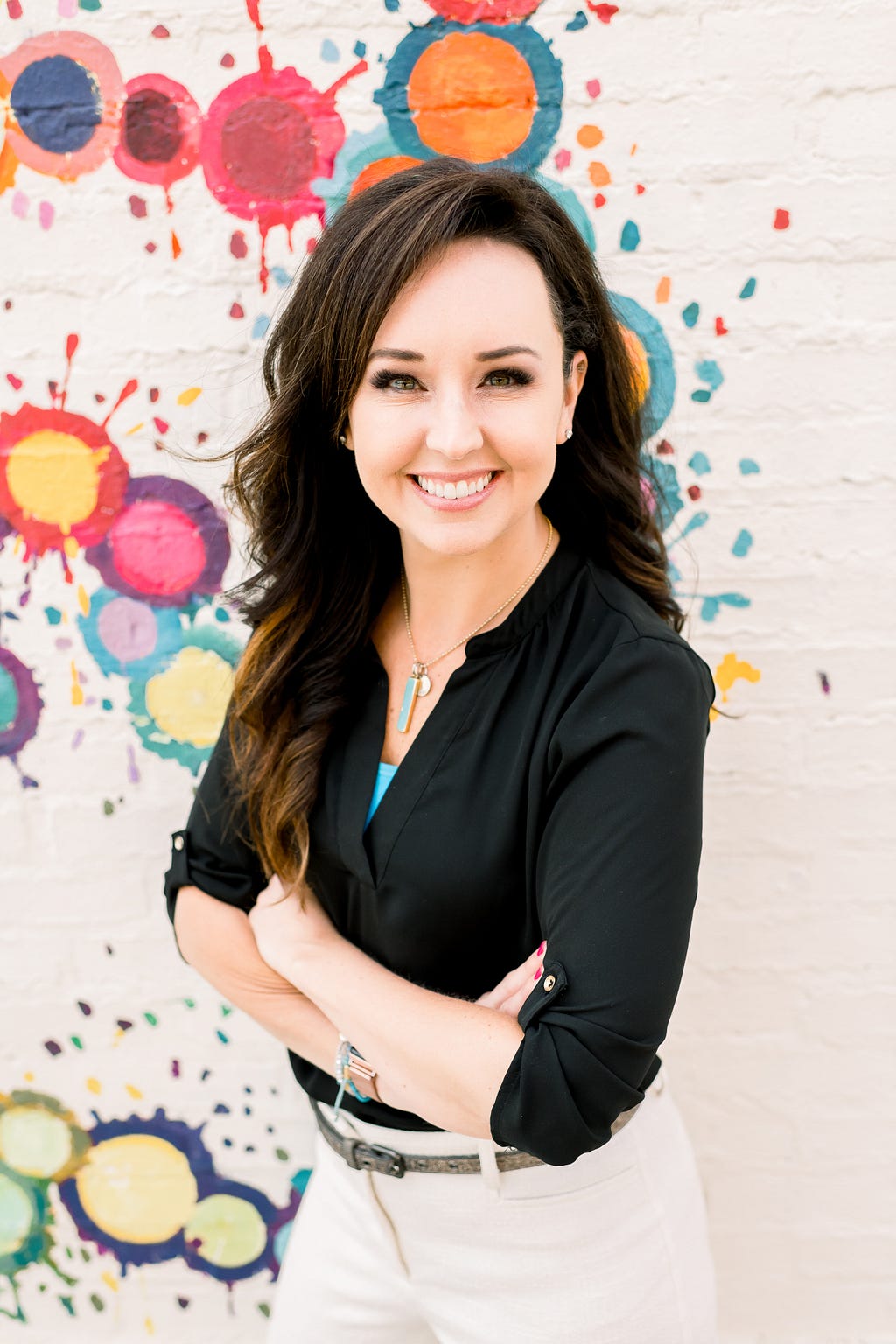
You must have a vision and goals as a founder. You can’t get somewhere if you don’t know where you’re headed. Setting a vision, sharing it with your team, and setting intentional goals is how you grow a business. Just this year, we’ve had several goal-setting and check-in meetings with the focus of treating our company as one of our clients. With this goal, we’ve been able to create great new avenues for growth within HAVEN that we wouldn’t have had without that goal.
As a part of our series about “Why We Need More Women Founders”, I had the pleasure of interviewing Jeni Bukolt.
Jeni Bukolt is the founder and CEO of HAVEN Creative, a community branding agency based in Charlotte, NC. She started HAVEN in 2012 with a laptop, a personal loan, and the goal of paying for childcare to maintain her sanity. Today, HAVEN Creative is an award-winning agency with a team of five full-time employees and a community of mavens across the nation.
Thank you so much for doing this with us! Before we dig in, our readers would like to get to know you a bit more. Can you tell us a bit about your “backstory”? What led you to this particular career path?
Thank you for having me. I did not actually start HAVEN to grow a business beyond myself and a laptop. I sort of fell into this career path after years of working in video production. The video production house that I worked for tasked me with marketing to help grow the business; I soon realized that my favorite part of video production was the storytelling aspect to help raise awareness or inspire action. This passion for storytelling is still the undercurrent of everything we do at HAVEN.
My family moved to North Carolina from California when my husband, Jason, got a job in the Charlotte area. I was looking for work and decided to buy a laptop to earn side money for childcare expenses, both to maintain my sanity and allow me to continue that job hunt. Instead of finding a job, I founded HAVEN and here we are!
Can you share the most interesting story that happened to you since you began leading your company?
Running a business comes with many stories, but the most impactful story in my career is both interesting and traumatic. In 2015, I was hired by the Town of Waxhaw in North Carolina to facilitate a rebranding project, which took just over a year to complete. We launched the new brand in September of 2016, which is important to the story because a hurricane came through and canceled our in-person brand launch event. Instead of being able to control the narrative in a coordinated way, the launch was shifted to an all-digital launch where the online trolls and commenters took over the storyline.
A huge debate ensued about a tagline, which was, “Life Happens in the HAW.” A group of residents were infuriated over this and assumed we were trying to rename the town. They brought in local news, who ran a package with clips of the “Hee Haw” show. That snowballed into a major online debate over the tagline which drew attention across the state of North Carolina. My business was harassed online and I received physical threats. All of this over a tagline! What’s worse, it was happening in the community that my family and I called home. I couldn’t go out without hearing about it. I truly thought my career was over and I didn’t think my business would survive. I finally had to speak up at a public meeting and eventually, the harassment died down. Thankfully, we got through that moment and are doing better than ever. The funny thing is — the rebranding still stands to this day, except for the tagline.
Can you share a story about the funniest mistake you made when you were first starting? Can you tell us what lesson you learned from that?
“Have Fun” is one of our core values so there are a lot of funny moments inside our agency. However, one of the funniest “Be Brave” moments — which is another core value of ours — involved one of our biggest clients, who asked us to help them define their core values, which we did. Then they asked us to put the core values up on the wall in their offices to proudly promote them. So, we got a contractor to create a 10’ long vinyl graphic of all of the words and got it approved by the client before sending it to print. The contractor did the install, the wall was beautiful and we took photos in front of it. Then, a week later, the COO walked by and started laughing, pointing out that we had misspelled “perseverance”, one of their core values.
He notified me, and I was mortified that we had spelled the word wrong and that no one caught it. I rushed to get the contractor back to the client site; we fixed the mistake, and all was good — or so I thought.
About 2 weeks later, I received a phone call from another executive on the team who spotted that there was STILL a spelling error on the wall and it was in the same damn word! There was an “e” where there should have been an “a.” After laugh-crying through the call, we joked that it was a team mishap and that we had great perseverance in getting it fixed! I’ll never spell that word wrong again — actually, that’s a lie. I still can’t spell it.
None of us are able to achieve success without some help along the way. Is there a particular person who you are grateful towards who helped get you to where you are? Can you share a story about that?
This is a difficult question for me to think through because I have so many mentors and figures in my life who have helped me get where I am today. But the first one that comes to mind is my father, who taught me so many great lessons about business. But two things that stand out are “why go to work if you can’t have fun?” and that “you can’t put a price tag on going to work and loving what you do every day.” That has stuck with me and been my motivation. I want to make sure I love what I do, who I do it with, or all of the chaos of being an entrepreneur is not worth it.
My dad worked at NASA TV and I always thought my career would involve television and video production. I joke that I grew up in an editing bay. Back in the 80s, “Take Your Daughter To Work Day’’ was just becoming a thing — not many people had heard of it. I told my dad about it and asked him to take me to work with him on that day. I probably just wanted to get out of going to school, but he brought me to work and I got to spend the day following along while they put together a video package. What was funny looking back now is that no one inside of NASA’s Goddard Space Center had really heard of it, but the next year, they announced “Take Your Daughter To Work Day” company-wide and hundreds of girls showed up. There’s no doubt that day inspired my career path and hopefully inspired another generation to explore engineering or video production, and that was a pretty cool memory with my dad.
Ok, thank you for that. Let’s now jump to the primary focus of our interview. According to this EY report, only about 20 percent of funded companies have women founders. This reflects great historical progress, but it also shows that more work still has to be done to empower women to create companies. In your opinion and experience, what is currently holding back women from founding companies?
I can’t speak for all women, but I assume that several reasons hold female entrepreneurs back, aside from the funding issues. First, the juggling of work with family life; there is a whole headspace that is often overlooked. It’s the invisible labor that goes along with managing the day-to-day family responsibilities. Whether we are wives, parents or caregivers, women are generally the strategic builders of the household to-do list. It’s hard to focus on all of that while also trying to run a business. And, quite frankly, most of us want to put our loved ones first.
I think that women have a greater fear of failure and are generally more risk-averse. I also think this historically comes from women not having the same access to mentors to learn the ropes of business or see what is possible for them to achieve. This is a big thing when it comes to how we think about networking. We have to see people around us who look like us for us to think — “wait, maybe I can do it too.”
Can you help articulate a few things that can be done as individuals, as a society, or by the government, to help overcome those obstacles?
We need to start mentoring our youth, especially young girls, earlier in their lives, when it comes to encouraging entrepreneurship. It’s certainly better than when I was growing up and had to take the aptitude test in school (the one that decided whether I’d be a teacher or a secretary!). I think if we can continue to encourage young girls to try career paths that are “not for girls,” it will help.
Seeing is believing and we can do more as a society to help women believe in their abilities to found companies if they can see it’s possible. Inclusion starts with intentionality and we need to ensure the leaders of today are encouraging the next generation to follow in their footsteps.
This might be intuitive to you as a woman founder but I think it will be helpful to spell this out. Can you share a few reasons why more women should become founders?
Creativity and innovation are inspired by diversity. Creativity is driven by having various points of view in the room and you can’t have diversity with only the same type of people. You’ll get better products, better services and better data points with multiple perspectives than you would if everything came from one place.
This diversity of leadership leads to what I call the “Maven Mindset,” the belief that better leaders who care about their colleagues, employees and peers lead to overall better business outcomes. More women who decide to found companies will lead to more companies with better workplace policies, like pay equity, empathetic leave policies and overall better work-life balance.
What are the “myths” that you would like to dispel about being a founder? Can you explain what you mean?
There are a lot of myths about society around ideal founders and “head trash” that I could dispel, but I think for me the biggest is that “You can’t be a good mom and run a business, because you’re working too hard.” I’ve learned that I am inspiring my children to know they can follow their dreams and pursue their passion. It’s been really amazing to see that thought manifest in them. While starting out, I constantly worried that I wasn’t being a good enough parent and not doing XYZ well enough. But one day, I was sitting at my desk with my then five year old and he looked up at me to say “Mommy, one day, I want to tell my story.” This was a special moment because it came from him seeing me work and follow my passions. I figured I wasn’t screwing up too bad for not remembering what theme day it happened to be at school that day.
Another myth I want to dispel is that you have to work within your business to be successful. When you grow a business, you have to be able to step away. If you’re not able to step away from the day-to-day work, you don’t have a business, you still have a job. Your job as a founder and leader is to be the visionary and grow the brand. This is hard for a lot of people because they often start companies around their passions and are doing the work until they burn out. It’s important to hire people you trust so you can step out and away as the business grows to focus on what’s next.
Is everyone cut out to be a founder? In your opinion, which specific traits increase the likelihood that a person will be a successful founder and what type of person should perhaps seek a “regular job” as an employee? Can you explain what you mean?
I don’t think it’s fair for me to judge who’s cut out to found a company and who’s not. In the traditional mold of what traits a founder has, I shouldn’t be here. I don’t have a business degree; I didn’t start my company with a grand vision of a product idea and niche in this market to fill. I became a founder because I had a passion and wanted to help other people grow and pursue their dreams.
I think it’s important to follow your dreams and try starting a business. Overcome the fear and try it. You’ll find out quickly if you’ll sink or swim or if you’re cut out to be a founder. But it does take a special kind of crazy: an ability to put up with self-torture and that’s a trait you’ll find out about yourself along the way.
Ok super. Here is the main question of our interview. Based on your opinion and experience, what are the “Five Things You Need To Thrive and Succeed as a Woman Founder?” (Please share a story or example for each.)
- Most importantly, I think you need a community. It is what we do at HAVEN, but I also wholeheartedly believe that we need like-minded individuals to grow and learn from. If you want to fly, you’ve got to hang with eagles. It’s really important to see what’s possible by keeping like-minded people around you. This is why I’m so grateful for each one of my business mentors throughout the years; each one of them guided me in one way or another and showed me the possibilities before me.
- Speaking of, you need a coach, a mentor or someone to keep you accountable. I believe it’s very lonely at the top. You can’t share everything with your team: your head trash and struggles that you feel, your 3 AM worries. That’s not your job, you need to lead and inspire others. You have no one above you to keep you honest and help you work through your concerns, so having a coach is the best way to hone in that growth. I try to check in with my coaches several times a month to talk through problems and challenges I’m facing, just having an understanding partner to counsel me keeps me sane!
- You need to have that Maven Mindset. By traditional definition, “maven” means expert or connoisseur, but at HAVEN, it’s a compilation of characteristics. It’s how we do business and how we treat our team. We believe it to mean leading with courage and lifting others to recognize and achieve their full potential. It’s also about being creative and being brave to speak up — to be a disruptor and achiever to make sh!t happen! Some companies talk about culture and values and it’s just words on a wall, but at HAVEN we live and breathe them. We do a ‘making mavens’ session every Monday in our team meetings to sharpen our skills and share knowledge. We even pull our clients into our culture to “make mavens” of them.
- You must have a vision and goals as a founder. You can’t get somewhere if you don’t know where you’re headed. Setting a vision, sharing it with your team, and setting intentional goals is how you grow a business. Just this year, we’ve had several goal-setting and check-in meetings with the focus of treating our company as one of our clients. With this goal, we’ve been able to create great new avenues for growth within HAVEN that we wouldn’t have had without that goal.
- Lastly, you can’t lead if you’re not taking care of yourself and are not fit in body, mind, and soul. Fitness comes in all of those forms, whether it’s physical, mental or spiritual. I make sure to focus on each of those pillars of self-care and it was a big priority over the past 3 years for me. There’s no doubt in my mind I would have cracked and crumbled if I had not set intentional time to take care of myself. It’s like the announcement on the plane to put your mask on before you help others. You can’t be a good leader if you’re not keeping yourself healthy.
How have you used your success to make the world a better place?
For every client or project we work on, we make it a point to give back to the communities in which we work. This can be time, talent or treasure (money) to support the places and people we serve. We started HAVEN Heroes to support this mission.
I also feel strongly that everyone needs a mentor, so I’ve carved time out to mentor and support other young women to start their own businesses. We’ve also given scholarships to mentorship programs to allow others opportunities to learn about business development.
You are a person of great influence. If you could inspire a movement that would bring the most amount of good for the greatest number of people, what would that be? You never know what your idea can trigger.
If there weren’t bigger problems in the world, I think it would be to end the practice of wearing socks with sandals! But on a more serious note, I think the movement I’d like to start would be the Maven Mindset and what that really means. It means supporting your coworkers’ and partners’ growth and learning to create better leaders. With better leaders, people can go to work, love what they do, and come home feeling better about themselves and not feeling burned out. If we invest in our people, they’ll be better family members, community members, neighbors, or faith leaders because they’re not getting beat up at work. To do this, you need great leaders and culture and a Maven Mindset.
We are very blessed that some very prominent names in Business, VC funding, Sports, and Entertainment read this column. Is there a person in the world, or in the US with whom you would love to have a private breakfast or lunch, and why? He or she might just see this if we tag them.
By far, the person I’d most love to have a meal with is Brene Brown. I have been building community within organizations for years and I didn’t realize that what I was doing was my “Why” until I did the work to figure that out. I came across her work and learned that she talks about vulnerability and being brave and that’s the key to creating a community. Brene’s work inspired our core value of “Be Brave” and the practice of radical candor.
Thank you for these fantastic insights. We greatly appreciate the time you spent on this.
Female Founders: Jeni Bukolt of HAVEN Creative On The Five Things You Need To Thrive and Succeed as… was originally published in Authority Magazine on Medium, where people are continuing the conversation by highlighting and responding to this story.


